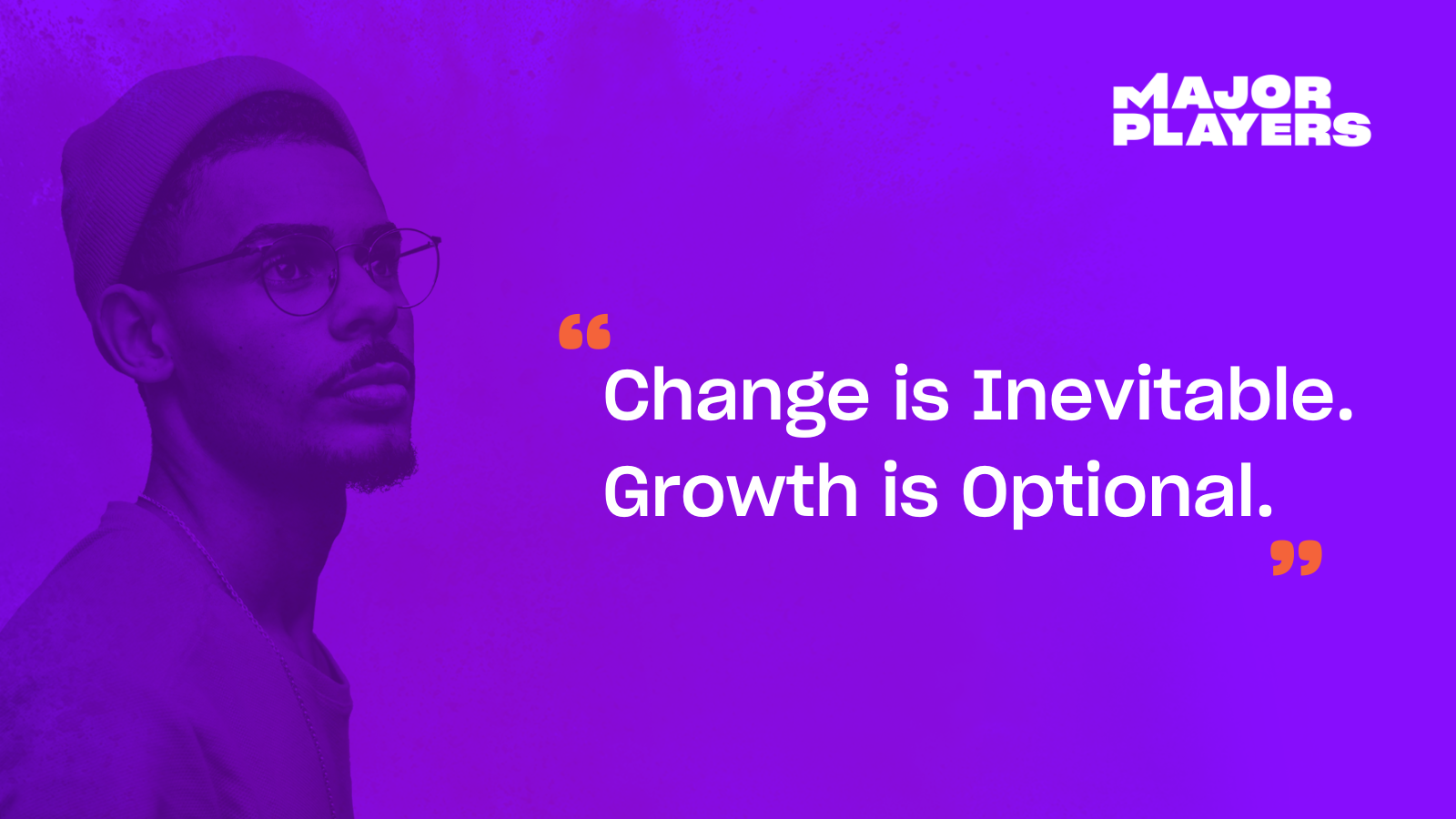"Change is Inevitable. Growth is Optional."
The last quarter very much felt like a “game of two halves” – momentum had been incrementally building but the announcement of a general election mid-May shocked businesses into retreating from their hiring and growth strategies. Since then, we’ve inherited a Labour Government and the markets have grown in confidence, with manufacturing, hiring and new orders ramping up – and we’ve seen a 42% increase in the number of hiring enquiries in the last 3 weeks alone - a very welcome change!
This newfound confidence has also translated economically – with annual growth projections revised upwards with Goldman Sachs and Barclays forecasting 1.1% growth for 2024, significantly higher than the Bank of England’s initial 0.4% projection. Meanwhile, Reuters reports suggest investors are now considering the UK as a ‘safe haven’ amid the volatility and political uncertainty in the US and elsewhere in Europe – quite the turnaround from earlier in the year.
All of this is welcome news where in the first half of the year permanent job flow remained relatively static (aside from the GE announcement dip); with businesses opting to hire freelance and contractor support, up by 20%, to remain agile and flexible. We still expect this to remain high while the UK economy and political landscape continues to stabilise.
Over the course of the last quarter, we’ve seen greater demand for roles that can really drive revenue growth and ROI, particularly with new business and digital marketing.
We noted in our Q1 update that there had been a shift in the senior end of the job market, with businesses and seasoned professionals actively seeking new talent or opportunities – this continues to gain momentum as companies focus on bringing in expertise to foster innovation, spearhead growth and help drive competitive advantage. However, the current market is saturated with senior candidates, creating higher demand for opportunities than there are clients willing to hire - this imbalance is making it more challenging and competitive for senior professionals.
We saw a 13% increase in the number of job applications in Q2 compared to the previous quarter, and LinkedIn recently reported that job search activity was up 7.9% YoY in June – and there is an expectation that this will lead to an opening up on opportunities.
With UK inflation now at the Bank of England’s 2% target and the cost-of-living crisis easing slightly, there has been a surge in hiring as businesses compete for market share among those with disposable income. Hospitality, e-commerce, and D2C brands are also reinvesting to capture greater market share, contributing to the increased demand for talent. Encouragingly, VC investment into the UK tech sector came in at £7.4bn for the first half of this year, up 16% YoY, and equating to nearly a third of all European funding – with AI, fintech and the energy spaces dominating.
For the second half of the year the trends mentioned in our Future of Work and Salary Census 2024 will continue to challenge businesses – particularly around reskilling, embracing generative AI and enabling multigenerational workforces. Becoming pay transparent also continues to shift in a positive direction, and the Right to Equal Pay directive will extend to disability and ethnicity for those with over 250 employees. This move will continue to highlight disparities and workplace inequalities.
The new Government will be looking to use their first 100 days in office to make adjustments to workplace rights and benefits. They have also proposed a range of enhancement to employee rights including the mandating of certain workplace benefits including increasing statutory sick pay, the formalisation of working arrangements, changes to rules on unfair dismissal and a potentially higher minimum wage.
Another core focus for Labour is childcare expansion with a promise to establish 3,000 new nurseries to help more parents return to work, although additional measures will be necessary, and this is currently under review. Additionally, Skills England has been launched as a new body to unite key partners and address the skills needs of the next decade across all regions, aiming to boost jobs and growth nationwide – a key challenge considering LinkedIn estimate that 1 billion people will need to be reskilled in the next 6 years globally.
Once again, it’s important that businesses remain agile, innovative and adaptable – but harness the power and possibility of change, whether in organisational structures, advanced technologies, or in talent and retention strategies. If you want to discuss any of the above or have any questions or challenges, we’d love to hear from you.
As we cautiously enter a H2 full of positive change, both Major Players and Arrows (and the whole Majar Group for that matter) are well positioned to support businesses with their talent challenges and change management requirements – reach out if you’d like to have an informal discussion: talk@majorplayers.co.uk.












